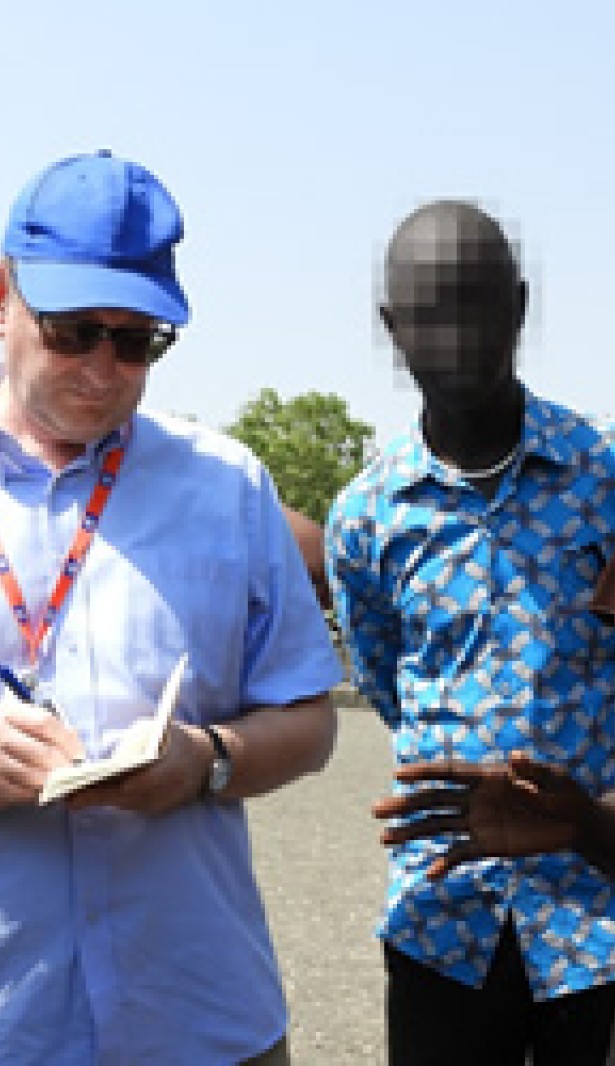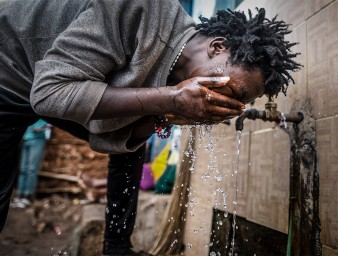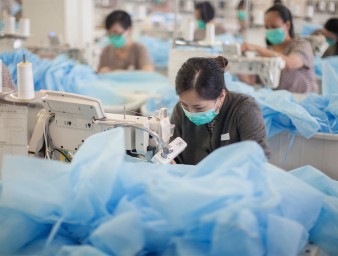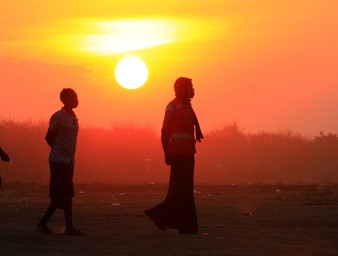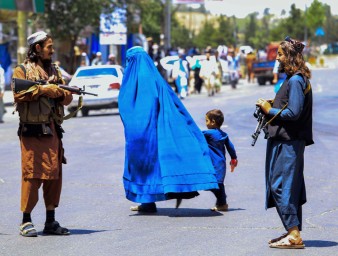Human Rights Commission for South Sudan calls for end of impunity for perpetrators of violence
22 December 2017
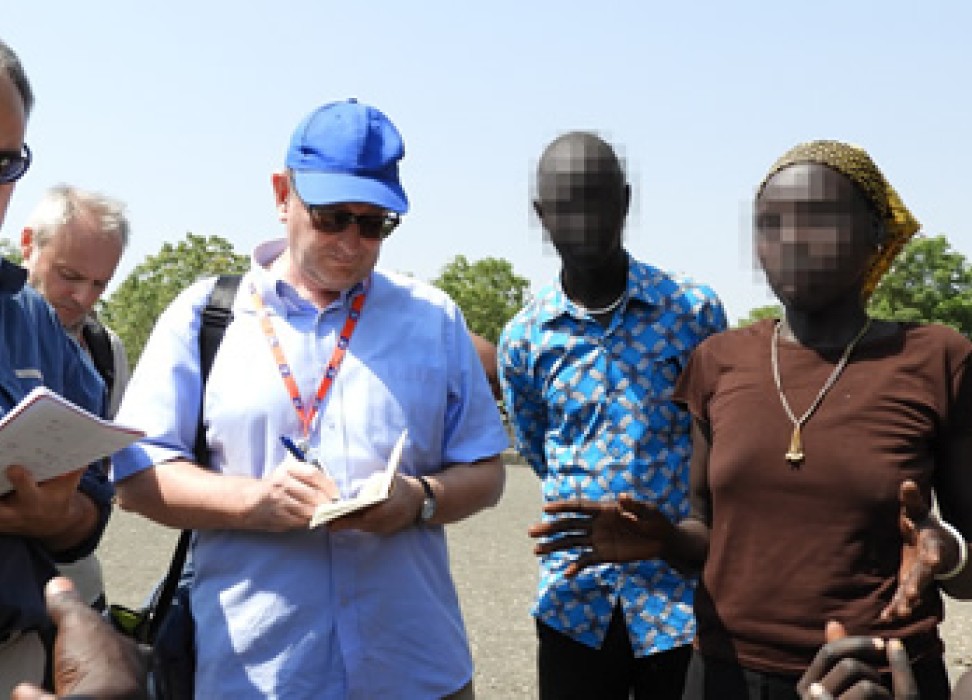
In Wau, South Sudan, the stories of the atrocities visited on civilians were numerous and heart-breaking.
An 89-year-old widow described how she begged for her life after her husband and two sons were shot in front of her. Another 60-year-old woman told how she was gang raped by several soldiers and then left for dead.
And in these cases and many others, no one has been held responsible.
“The overwhelming stories that we have encountered included not just the attacks against civilians but the looting, the rapes and sexual violence as well as the burning of villages, cattle raids, abduction of women and children and the lack of access to food and education,” said Human Rights Commission in South Sudan Chairperson, Yasmin Sooka.
On the fourth anniversary of the outbreak of civil war in South Sudan, many of those responsible for the violence against its people are yet to be held to account.
The Human Rights Commission in South Sudan were in the country to collect ad preserve evidence of alleged violations taking place. The record of these can ultimately be used in holding those responsible to account.
The Commission is an independent body set up by the United Nations Human Rights Council to determine and report the facts and circumstances of alleged gross violations and abuses of human rights and related crimes, including sexual and gender based violence and ethnic violence, with a view to ending impunity and providing accountability.
Over the course of the Commission’s visit to South Sudan, eastern Ethiopia and northern Uganda, Sooka and fellow Commissioner Andrew Clapham met with numerous victims of the conflict who shared harrowing accounts of indiscriminate attacks, revenge killings, torture, abduction of women and children, forced displacement, looting and burning of homes and crops, starvation, rape and other forms of sexual violence. In a country where food insecurity is acute, crops are destroyed leaving villages starving.
“We are deeply disturbed by what we witnessed and heard throughout our visit,” Chapman said. “The deprivation and range of sexual violence are hard to describe, people are targeted and suffering just for being who they are.”
The Commissioners visited the capital Juba as well as more remote parts of the country such as Wau, Bor and Akobo, where they heard from those suffering from the ongoing violence.
“All of those we spoke to said that the most important thing now is for South Sudan to find some way of the war ending and of sustainable peace coming to South Sudan -not just the guns stopping but real and durable peace,” Sooka said.
More than 1.8 million South Sudanese are internally displaced with another two million having fled to neighboring countries. Half of the population - six million people – rely on humanitarian assistance to survive and the outlook for the coming year is grim.
“This is a country where there is enormous resilience but the way this war is being conducted it is actually wearing people down. It has to stop and there has to be accountability and I think that is the commitment we have that we will do everything we can to enable that to happen,” said Sooka.
The Commission said the South Sudanese Government had cooperated during its visit and worked to provide answers to many of its questions. The Commission will present its report to the Human Rights Council in March.
22 December 2017
